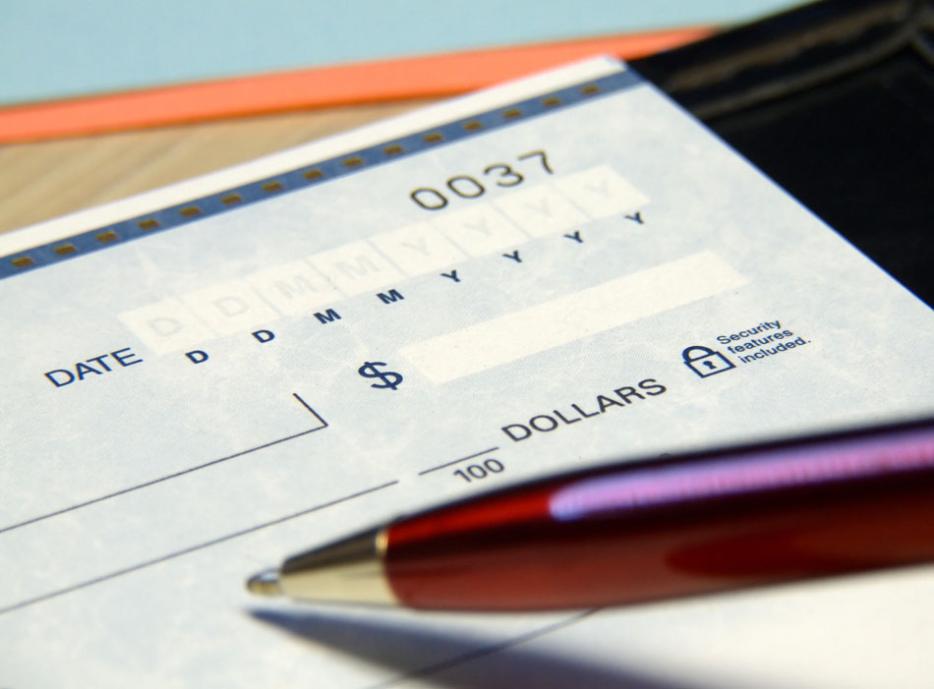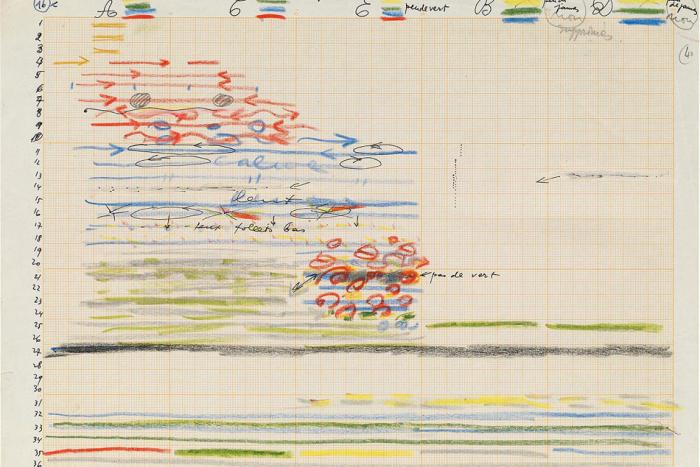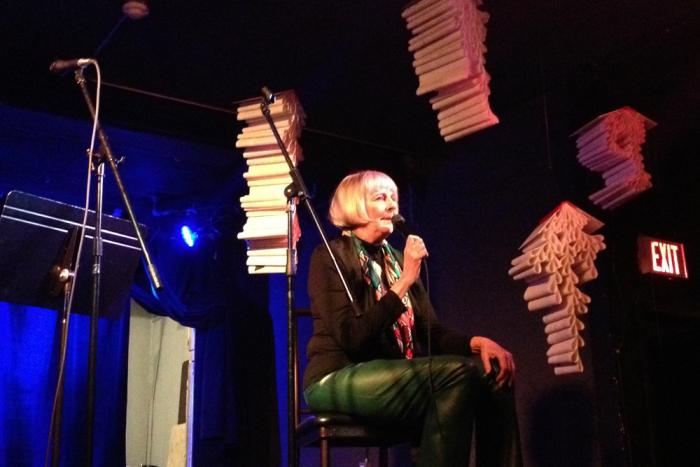The waiting area outside Courtroom #110 has the distinct feel of those smoking areas that donut shops built before they banned smoking entirely. The walls are floor-to-ceiling windows held in place with thick metal frames, the benches uncomfortable, the air recycled. At the east end are the plaintiffs. There’s an older woman with grey hair, wearing half glasses, let’s call her Betty. Beside her is a paralegal, Hazel, with fashionable black hair, cut in a bob, eyes rimmed with black eyeliner. Betty and Hazel shuffle through papers, put their fingers on passages, nod their heads.
At the west end, sitting as far away as possible, are the defendants, two men and a woman. Marvin, their legal council, sits between them. His hair is slicked back, purple tie loosely knotted, top button on his dress shirt undone. To his left is Mary, who wears a worried look and a black shirt-dress, cinched at the waist by a belt with a large gold buckle. On the other side of Marvin is Ted, who wears pin-stripped pants and a collared shirt with an eagle embroidered on the back. They discuss the merits of different cell phone companies, finally decided that all of them are ‘assholes.’
Then the lock on the door to the courtroom clicks, the court reporter holds it open and we all go inside. Judge Williams enters, grey hair, grandfatherly, gentle. He sits down, asks a few questions, nods at Hazel to begin. Without being asked Betty takes the stand, gets sworn in. Hazel opens her brief, a thick document that’s both bound, and tabbed. Her skirt comes down to her ankles, her shoes are pointed, her fingernails long and sharp.
“I’ll draw your attention to page 7,” Hazel says. Betty, an employee of the Happy Credit Company explains a piece of legalese from a contract. They begin to establish things. That Mary had a credit card with MDMA Bank. That she ran up a debt of over $20,000. That she defaulted on this debt. That MDMA then sold the bad debt to The Happy Credit Company, who Hazel is representing. It does not take them long to do this. Then Hazel closes the brief. She has no further questions.
“What’s the interest rate?” Justice Williams asks.
“27.98 percent,” Hazel answers. The courtroom is quiet for a while, then Marvin begins his cross. By his own admission he only received this case a couple of hours ago, hasn’t really had time to look over it fully. He does what he can. He asks Betty if the payments Mary did pay on the debt were transferred when the Happy Credit Company bought it. Hazel points out where this information can be located in her brief.
“Page sixteen,” she says.
Marvin has no further questions and then he begins to mount his defense. Mary is his only witness. She takes the stand, adjusts her belt, explains that she’s a single mom with two kids who hit tough times and used the credit card to keep afloat. Soon her minimum payment was over $500 a month and she just couldn’t keep up. Drowning in debt, Mary negotiated a settlement agreement with the MDMA Bank. The bank agreed to drop the amount owing from $22,960 to $7,930, gave her a repayment structure. Part of the deal was a clause that, should Mary miss a payment, her debt would revert to the full amount. She honored five of six payments, but on October 27, 2010, the day before the very last payment was due, Mary lost her bankcard. This left her unable to make a payment in her normal way. Mary says she explained the situation to a customer service representative named Karen, who told her just to mail the cheque. She produces a photocopy of the cheque, for $3,500.
But this cheque was never cashed. Either the bank never put it through, or it never arrived. Mary called MDMA a couple of times, tried to follow up, got the run around. In June she received a letter from The Happy Credit Company, telling her that they now owned her debt and that they wanted the full amount, 20K. Marvin nods, has no further questions. He is not fully seated before Hazel has started her cross-examination.
“What date did you say you lost your bank card?” Hazel asks.
“October 27th,” Mary answers.
“And that’s the first date that you attempted to reach MDMA?”
“Yes.”
“When you lost your bank card, what did you do? Did you go into your branch?”
“Yes. I did.”
“On what day?”
“I didn’t get a chance to go to the bank. I have a hard life!”
“I’m not trying to upset you.”
“You are.”
“She has a right to ask these questions,” Justice Williams says, tenderly.
“You took what steps?”
“I called them.”
“When did you photocopy this cheque?”
“Just before I mailed it.”
“She took a photocopy of the cheque?”
“I photocopy everything.”
“When you lost your card why didn’t you use another method? Did you try to pay on-line?”
“I lost my bank card. You can’t get on without the number.”
“You’re meticulous enough to make copies of your cheques but you don’t have a record of your bank card number?”
Mary pauses. Marvin studies his hands. Ted is answering emails on his Blackberry. Hazel continues. She points out that the number of the photocopied cheque is out of sequence with others she wrote that month. She asks why Mary only called MDMA twice, because she must have known that the cheque wasn’t cashed, what with the $3,500 sitting in her bank account. She asks if the $3,500 is still there. She questions whether the money was ever in Mary’s account in the first place. She keeps going, doesn’t stop, a star centre repeatedly scoring on an empty net.
“It’s not my fault!” Betty says.
Hazel has no further questions. Betty undoes her belt, leaves the stand. Marvin and Hazel give their summations. Justice Williams announces that he is going to give a reserve decision, that his ruling won’t be known for a week, maybe two. But then Hazel and the Justice debate the amount she should be awarded, on the chance that the decision be for the plaintiff, and they agree on $2,000, inclusive of disbursements.






